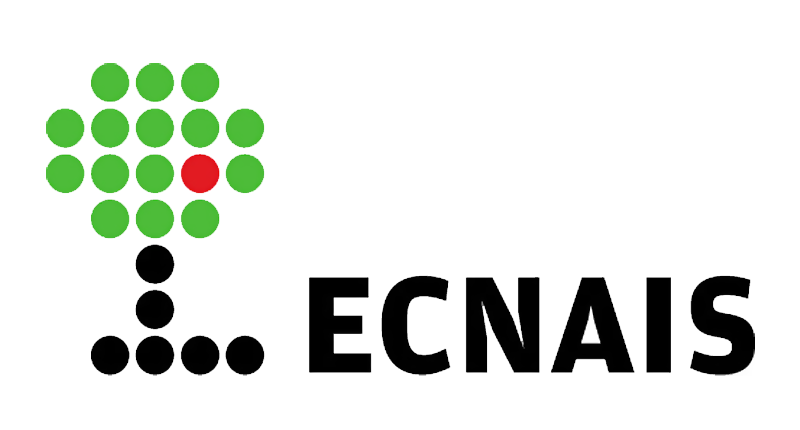
La Fondation pour l’école, membre de l’ECNAIS – European Council of National Associations of Independent Schools, est cosignataire avec 23 autres organisations européennes de sa déclaration du 9 juin 2020.
Le contexte actuel ne saurait être l’occasion de limiter le droit fondamental des parents à choisir l’éducation de leurs enfants : les écoles indépendantes font pleinement partie de l’offre éducative et doivent être toujours plus soutenues, en France comme en Europe.
Télécharger la déclaration : ICI
Europe must not forget independent education and educational pluralism
Europe is facing a major crisis that is affecting European society at multiple levels overall. Education is not an exception. This crisis poses challenges for children, teachers, parents, headmasters and others, affecting the educational community as a whole. We need to emerge from this crisis together.
Independent schools, a fundamental expression of civil society, are affected by this crisis in the same ways as public schools, and often more so. In this context, independent schools have collaborated with national authorities, sharing experiences, good practices and materials that may also help other schools out of this crisis. In addition, many of these schools are making tremendous efforts in order to support families that are struggling to ensure that their children continue to receive the education they feel is best for them. This is subsidiarity and solidarity at work. In countries where independent schools are not fully publically funded, the necessary resources to maintain solidarity or simply to continue the operation of the schools are strongly declining.
The right to education is an essential human right that should not be forgotten in this grave hour. Targeted support to parents, schools and teachers is essential in order to guarantee a decent future for our children.
Education is a common good and the way out of this crisis has to bear in mind the totality of educational institutions. Some governments are not providing the same material support to independent schools, or to the parents that chose them for their children, to guarantee that quality and safe education can be delivered to all students, independent of the financial resources of their parents. In fact, a number of governments are not targeting any or only minimal financial support to independent schools.
We can observe some dramatic scenarios where the crisis could hamper the operations of a significant number of independent schools at the beginning of the next academic year. Discriminatory treatment of these educational institutions will render the system less inclusive and rich and make more difficult for many parents to exercise their right to choose the kind of education they want for their children. Additionally, this will terminate the jobs of thousands of teachers and other staff.
To the extent governments provide financial aid to public schools to help address their needs during this crisis, independent schools should be granted reasonable access to a proportional share of these funds. The European Parliament resolution of 12 June 2018 on modernisation of education in the EU, in its article 76, “Encourages, with regard to increasing inclusiveness and ensuring freedom of educational choice, the provision of adequate financial support for schools of all categories and levels, both state schools and not-for-profit private schools”.
Some governments are taking advantage of the critical scenario to pass laws that restricts the freedom of education, without the necessary social debate. In the present context, new regulation in education must only be passed if it respects school autonomy and the value of diversity and freedom in the school system. Entrusting schools with sufficient autonomy enables innovation, as has been demonstrated during the lockdown. Coronavirus cannot be an excuse to limit acquired rights of parents and civil society. A common good perspective of the right to education should be fostered, supporting all educational actors and institutions. In order to sustainably ensure diversity and inclusiveness of educational choice in times of crisis and diminishing financial means of parents, financial support should be substantially increased.
Article 14.3 of the Charter of Fundamental Rights of the European Union acknowledges that “the freedom to found educational establishments with due respect for democratic principles and the right of parents to ensure the education and teaching of their children in conformity with their religious, philosophical and pedagogical convictions shall be respected, in accordance with the national laws governing the exercise of such freedom and right”. We urge the European Union and all the EU governments to bear in mind the recognition of this freedom in their aid packages in order to guarantee the educational freedom of parents, the existence of independent schools and the well-being of all children.
9th June, 2020
Partager sur :
Facebook
Twitter
Pinterest
WhatsApp

